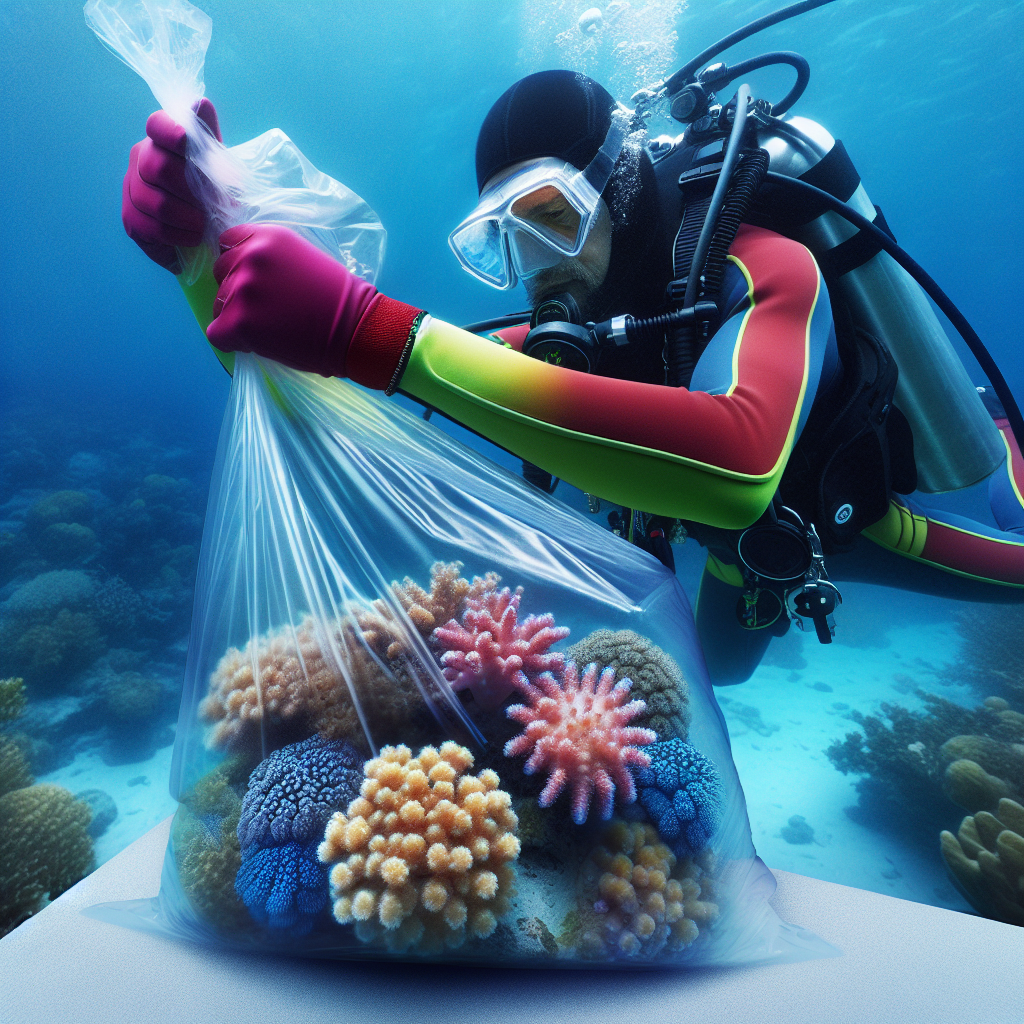Probiotics Offer New Hope: Slowing a Deadly Coral Disease in the Caribbean

A recent study by Smithsonian researchers has demonstrated that applying a beneficial microbe directly to wild corals can significantly slow down the spread of stony coral tissue loss disease (SCTLD) in situ—offering a promising alternative to antibiotics.
🧬 Study Overview & Key Results
- Target organism: The probiotic strain Pseudoalteromonas sp. McH1‑7 was isolated from resilient Montastraea cavernosa corals.
- Application methods: Two techniques were field-tested near Fort Lauderdale:
- Probiotic paste applied directly to lesions.
- Colony-wide probiotic bath—corals covered with plastic bags filled with probiotic-enriched seawater for 2 hours.
- Long-term monitoring: Over 2½ years, bags with probiotic solution showed only ~7% tissue loss compared to ~35% in controls . The paste method, by contrast, underperformed relative to controls .
🌱 Implications for Coral Conservation
- Durable protection: Colonies receiving the full‑colony probiotic treatment maintained healthier microbiomes without being overwhelmed—indicating a sustainable interventi.
- Antibiotic alternative: Unlike amoxicillin pastes, probiotics don’t require frequent reapplication and don’t carry risk of creating resistant pathogens .
- Scaling challenges: Practical deployment—like divers using weighted bags—needs refinement. Additionally, species and region-specific calibration is essential; mixed results in the Florida Keys suggest variable efficacy .
🌊 How Ecotox Environmental Services Can Support Your Coral Projects
Ecotox leverages this innovative science to support marine conservation and infrastructure efforts:
- Probiotic Field Deployment Planning
- Design scalable deployment strategies (e.g., time-release systems, flushable enclosures) to treat entire colonies effectively.
- Microbiome & Tissue Monitoring
- Collect longitudinal data (pre/post-treatment) to assess probiotic colonization and coral health.
- Efficacy & Environmental Impact Studies
- Compare probiotic vs antibiotic treatments for outcomes, microbiome resilience, and non-target effects.
- Regional Calibration & Risk Modeling
- Tailor probiotic strains and application methods by species, location, and disease dynamics for maximum efficacy.
By integrating probiotic-based intervention tools with Ecotox’s environmental impact assessments, monitoring, and modeling, we help marine stakeholders develop sustainable, science-based reef restoration strategies.

